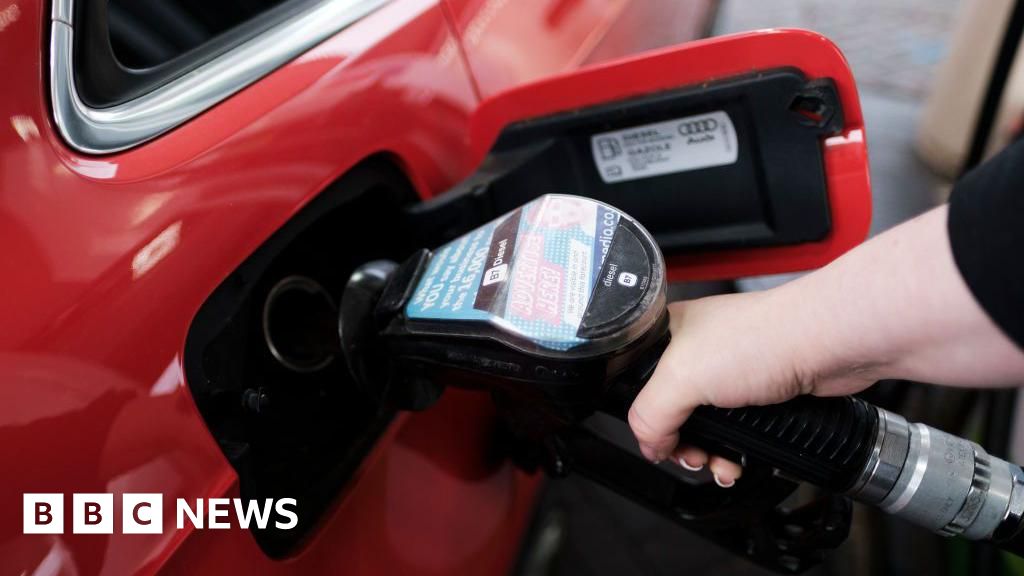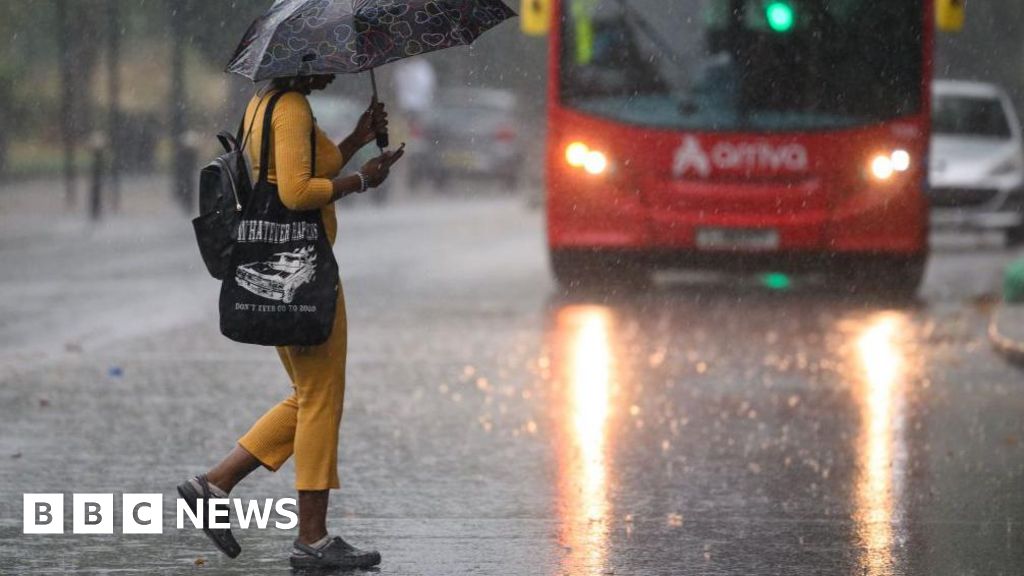ARTICLE AD BOX
 Image source, Leisa Milne
Image source, Leisa Milne
By Lucy Hooker & Michael Race
Business reporters, BBC News
"We made sure we were all in one place, so there was only one LED light on," says Lisa, who lives in Bedfordshire with her family.
"We turned everything off at the plugs."
Lisa was one of the hundreds of thousands of people who took part in Monday's scheme to reduce pressure on electricity supplies.
She will be paid a bonus of around £10 by her electricity provider as a reward and will join in again on Tuesday.
The National Grid is paying people to cut back on their electricity use at peak times to try to reduce demand.
Cold, still weather means less electricity is generated by wind power, and when people come home from work and children come home from school, the heating, the oven and kettle go on, and demand for electricity soars.
So National Grid, via electricity suppliers, is rewarding people like Lisa who manage to trim back their usage on days when the pressure on the system is highest. On Monday it ran the scheme for the first time properly, following a series of test days. The scheme is running again on Tuesday between 1630 and 1800.
National Grid said at the launch of the scheme that households could save up to £100 in total if the scheme ran on 12 days over the winter. But many people will not be able to achieve the scale of savings to earn that much.
The scheme rewards you according to how much you cut back, compared to your typical use. Households that usually use very little electricity have less scope to cut back, and less opportunity to earn large bonus payments.
'My kids were really up for it'
Lisa and her family are already quite careful with their energy use.
But on Monday they still managed to cut back by about 3kwh she thinks, compared to a normal day. They will find out in a few days how much their bonus will be, but if she is right they will be paid around £10.
To make the savings they switched off the dehumidifier, the TV, and the heat pump which uses electricity to heat their home. Laptops were fully charged ahead of time, so her sons could keep doing their homework, and they waited until after the savings window was over at 6pm to make dinner.
And far from being a difficult exercise, Lisa says it felt good, even to her two teenage sons.
"They're both concerned about climate change - the news explained that if people didn't cut back, the coal-fired power stations might come online," she said. "So they were really up for it."
Steve, in Horsham made even more. He will receive £12 in points on his account that he can take off his energy bill or cash out. He and Lisa are both with Octopus which is offering the scheme to all its customers, and says 400,000 people opted to take part on Monday.
"We read our books for an hour instead of cooking dinner," Steve says.
But by far the biggest saver was switching off the electric radiators that heat his flat.
"We weren't really cold because we had them on, then switched them off at 5 o'clock, then put them back on about half seven," he says.
On Tuesday Octopus is offering an even higher rate of reward, £4 per unit of energy saved, up from the £3.37 they offered on Monday.
But even at those prices some people will not get rewards in the region of £10-£12. If you normally use very little electricity at peak times, you have less room to cut back.
Octopus said on Monday the average customer earned £1.25 to £2.50 for the hour.
Only the top 5% of participants cut back enough to get more than £8.75.
National Grid said it paid £850,000 in total to energy suppliers on Monday to run the scheme. On Tuesday they expect to spend around £2.1m.
Suppliers will be paid between £3 and £6 per unit of energy saved, but can choose how much of that to pass on to their customers.
How much energy do your appliances use?
Some washing programmes use more energy, kettles and televisions come in different sizes so you would need to check on your own appliance to see how much it uses. But the Energy Savings Trust provides ballpark figures for how many units of energy, measured in kilowatt hours (kWh) it takes to run a typical model.
- One load of washing in the washing machine 0.5kWh
- One load in the tumble dryer 3kWh
- One dishwasher cycle 0.9kWh
- Boiling a full kettle 0.2kWh
- A 4 Watt LED light bulbs for an hour roughly 0.004kWh.
Image source, Alex Alliston
Image caption,At 5pm on Monday Alex Alliston switched off from the National Grid completely
For Alex Alliston in Gloucestershire however, the money isn't the point.
The semi-retired renewables engineer says the scheme is all about proving that people are willing to change their behaviour.
"If we can get consumers to turn down their consumption [at peak times] we'll burn less of the expensive gas. It's not as dirty as coal, but we're supposed to be greening our system," he says.
On Monday he cooked a fish pie and turned the oven off at 5pm. Then he switched off from the electricity grid entirely. He has a battery that can run lights and other low power appliances in his home.
He expects there will be a lot more demand management in future and believes that will benefit everyone.
For now though, only about 14 million homes, less than half of all households in England, Scotland and Wales, have a smart meter installed, a prerequisite for taking part.
And currently some providers are only inviting a proportion of their customers to take part.
However, if you have not been invited by your supplier, or your supplier has not signed up to the scheme, Loop, which is a company registered with the National Grid scheme, can provide the service to you.
The company offers people a free app which links to their smart meter with the aim of helping them understand electricity use and provide ways to use less.

 2 years ago
46
2 years ago
46








 English (US) ·
English (US) ·